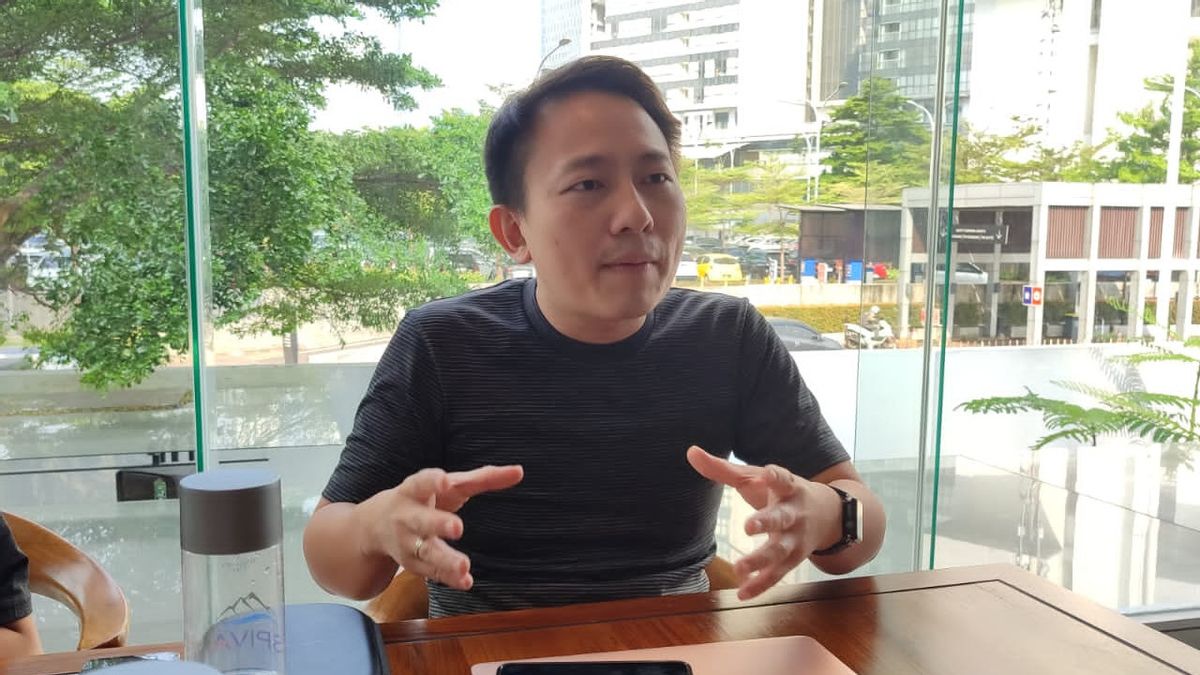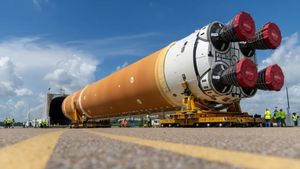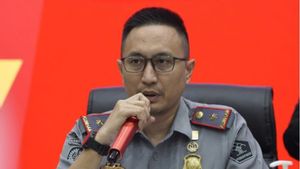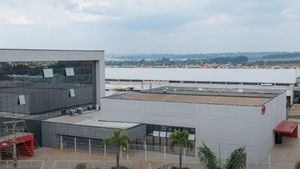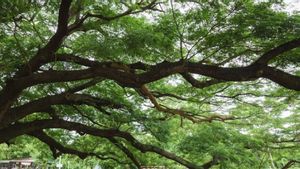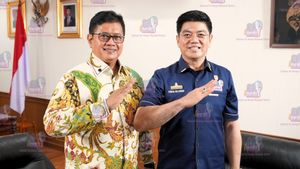JAKARTA Jangjo, a startup company founded in 2019, has a focus on turning waste into valuables. To support this commitment, Jangjo developed a dedicated technology. Jangjo co-Founder and CEO Jangjo, Joe Hansen, said that the JOWI Integrated System technology encourages economic circulars so that all waste can be processed into valuables. So far, Jangjo can produce four items from the rest of its waste. Jangjo uses a decentralized method so that the waste management place is spread across various points. Before being selected and managed, Jangjo will weigh the waste to produce the right size. After that, the waste will go into a surveyor. If valuable items have been separated, the technology used by Jangjo will process the waste left that goes into Refuse Derived Fuel (RDF) or Solid Recovered Fuel (SRF), and others will be used as BSF maggot feed. "The remains of this plastic, we plan to become RDF, become cement fuel. We sell it to cement factories," Joe said. "There is also innovation in addition to cement factories. We wind this plastic-plastic sheet into SRF. So, we can innovate these plastic-plastics, we can make it a kind of wood plank. With a waste management system like this, Jangjo will not leave any residuals. All waste will be managed up to run out and there is none remaining. This is the best method for not accreting garbage that has the potential to spread disease. Joe insists that, "This technology is much safer than (other waste management technology). This belief arises because Jangjo focuses on doing research for years before developing a suitable tool for waste in Indonesia. The waste problem in Indonesia is never finished. In fact, the waste in the Bantar Gate TPS continues to increase every year. According to Joe, there is something wrong with the waste processing system in this country, even though technology is growing.
SEE ALSO:
"The way we throw garbage, from our grandparents' era, is still the same. So, that's something wrong," said Joe. According to Jangjo's CEO, the waste problem has become increasingly urgent because there are many garbage mountains scattered in Indonesia. "How come there is no solution to the technological advances? That's why we (Jangjo) move to focus on it. It is impossible for the progress of a country to occur without serious waste management being carried out," explained Joe. Joe added, waste management technology in Indonesia should be made specifically and not imported from other countries because the waste is different. Like wood, for example, trees in Indonesia are often destroyed, while abroad it may not. Therefore, Jangjo developed his own technology. Joe revealed that their technology was developed locally by domestic workers. They only import spare parts to make their technology.
The English, Chinese, Japanese, Arabic, and French versions are automatically generated by the AI. So there may still be inaccuracies in translating, please always see Indonesian as our main language. (system supported by DigitalSiber.id)
